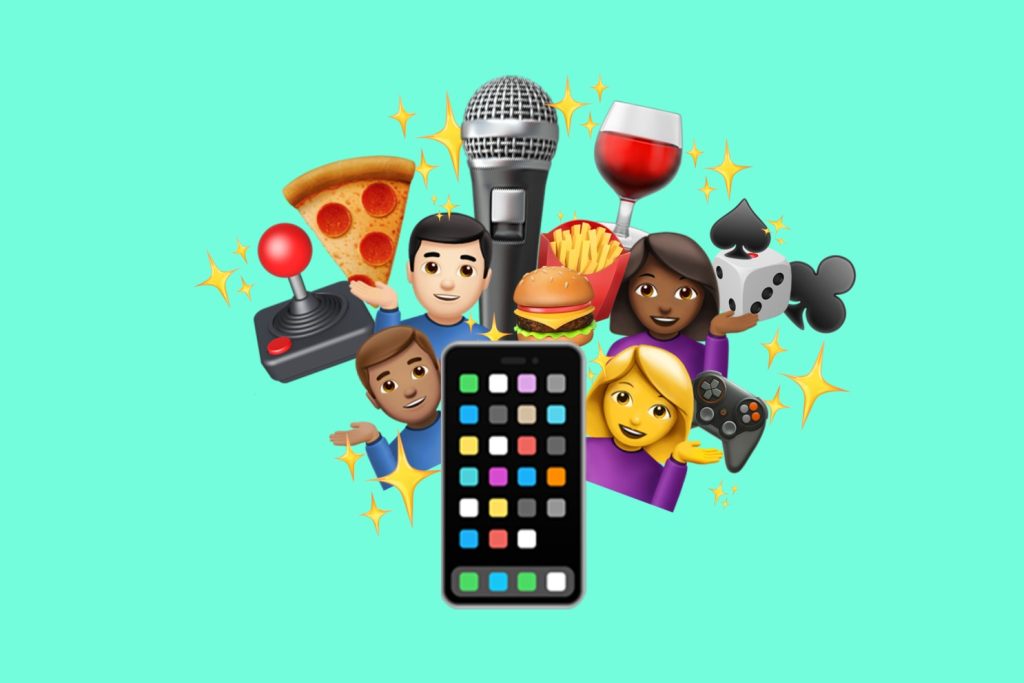
Introduction
This post contains examples of ways to maintain matches, posted on Huddle by network members and collated by Jan Bray, Independent Visitor Coordinator, Barnsley.
This information should be considered in line with your own organisational policy and procedure and changing government advice at national and local levels.
Other factors to consider are length of match and level of trust and rapport between the IV and child, age and communication skills and preferences of the child, disability and mental health, access to social media and IT resources
Examples of activities
- Video calling via Skype/Facetime/WhatsApp. Refer to your own organisational policy on the use of social media apps and GDPR.
- Netflix interactive and Netflix Party – where the main account holder (if you have an account) can share a film with friends and family (regardless of whether they have Netflix) and watch it simultaneously.
- Traditional correspondence! Letter and post card writing to stay in touch.
- Sending arts and craft materials to children and young people eg. card making/jewellery/magic set/puzzle and colouring books etc. Completing a activity and posting it to one another/ sharing image via email or telephone
- Make and share a picture of an Easter bonnett
- Audible audio books are now free to stream. Both of you read or listen to a chapter of a book and then chat about it. https://stories.audible.com/start-listen
- Join in Joe Wick’s daily PE challenge for children and young people on You Tube, streamed live 9am every morning and available after on play lists.
- Age appropriate online gaming platforms (eg Xbox)
- Games you can play through phone calls:
Make a ‘Conversation cube’ that has different topics that are numbered. You can each throw a dice or pick a number (from a jar/hat or just from the top of your head) to select different conversation topics
‘2 truths and 1 lie’: One of you lists three “facts” about themselves. One of the “facts” should be false. Try to list the facts in an even voice, so as not to open a lie in advance. Another player is trying to guess which of the facts is false.
‘Last letter’: The rules are very simple – the first player names a word on a given topic, the second player names a word which the first letter matches the last letter of the word named by the first player, and so on. Anyone who cannot come up with a word with the right letter loses.
‘Word game’: you chose a long word. The task of the players is to make as many words as possible from the letters that make up the initial one. Players name words in turn, and should not repeat words one after another. The possibility of using geographical names, names and special terms must be agreed in advance.
• Play board games together i.e. battleships, chess, charades via video call
• You can chose the same recipe to cook and share a photo of the result with each other (make sure you both have the ingredients in before you decide on a recipe though!)
• You can schedule a video call with both of you having a hot chocolate or tea so that it feels like you are at a coffee shop together
• Set each other a challenge – could be anything!


